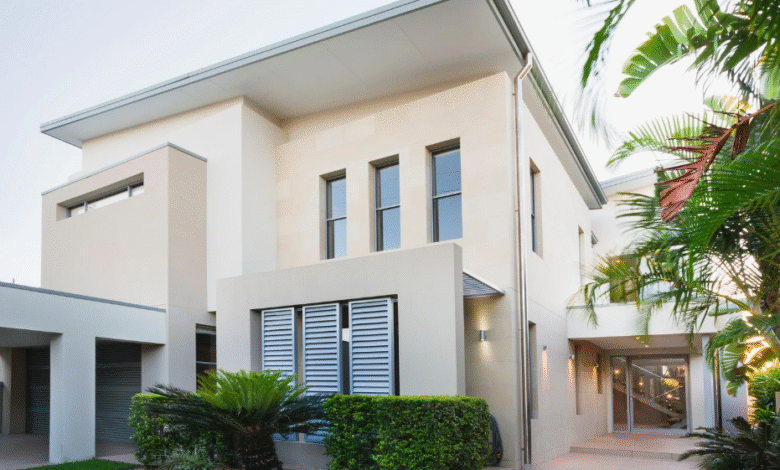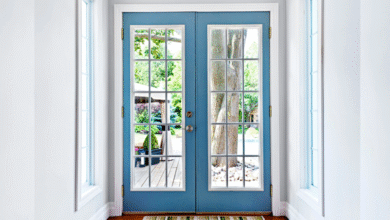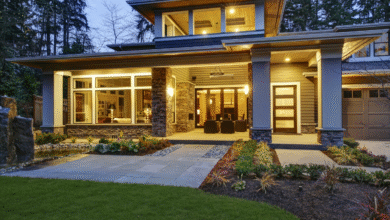6 Things to Know Before Building a Custom Home

Designing a custom home is an exciting venture, but it’s also a complex one. For those considering custom home builders in Naperville, the process involves more than architectural preferences and material selections. Success starts with preparation, knowing what to expect and which decisions will have the biggest impact from day one.
Here are six critical insights to keep in mind before you break ground.
1. Establish Clear Priorities from the Start
Every custom home is unique, but clarity around goals is universal. Whether your focus is on maximizing square footage, integrating smart systems, or creating a forever home, establishing priorities early ensures the design aligns with your lifestyle and long-term vision.
Without clearly defined objectives, small compromises can snowball into major regrets during the build.
2. Lot Selection Impacts Everything
Not all parcels of land are created equal. Topography, sun exposure, soil stability, and utility access influence both design options and construction costs. The lot should complement, not restrict, your architectural vision, especially when it comes to layout orientation or foundation work.
A desirable zip code doesn’t always mean the land is build-ready. Early site evaluation helps prevent misalignment between dream and reality.
See also: Exploring Tech Innovations in the Automotive Industry
3. Budgeting Requires a Broader Lens
Many first-time custom homeowners underestimate total project costs by focusing only on the build contract. Site prep, architectural design, permitting, landscaping, and post-move-in essentials can all add up quickly.
Avoiding cost overruns requires careful planning. In fact, many common financial missteps arise when homeowners don’t account for project-wide variables. These oversights are often tied to decisions that mirror the same types of mistakes people make when building a custom home, especially when cost buffers or flexible allowances aren’t built in from the start.
4. Builder Selection Should Go Beyond Reputation
Choosing a builder based solely on portfolio or pricing can backfire. Look for someone who understands how to manage expectations, pivot when needed, and maintain transparency throughout. Professionalism, communication, and attention to detail are just as important as craftsmanship.
A builder who checks those boxes will usually follow the kind of structured approach described in an essential checklist for evaluating custom home builders, where accountability, milestone tracking, and proactive planning define the working relationship.
5. Design with the Future in Mind
Today’s layout should also serve tomorrow’s lifestyle. Whether it’s aging-in-place features, energy-efficient systems, or flexible spaces that evolve with your needs, thoughtful planning reduces the need for costly renovations later.
Wide hallways, first-floor primary suites, and home automation systems are no longer optional in many custom builds, they’re foundational.
6. Documentation is Non-Negotiable
Verbal approvals and vague instructions often lead to frustration. Every decision, from cabinet finishes to insulation specs, should be documented and signed off. Creating a paper trail minimizes confusion and gives you leverage if something deviates from plan.
A well-documented process also builds trust between homeowner and builder, streamlining collaboration from concept through completion.
Conclusion
Building a custom home blends creativity with complexity. Understanding what shapes the experience, from choosing the right lot to managing costs and aligning with a builder’s process, ensures your project starts on solid ground. With the right foresight and team, you’ll move from blueprint to reality with fewer setbacks and greater satisfaction.





